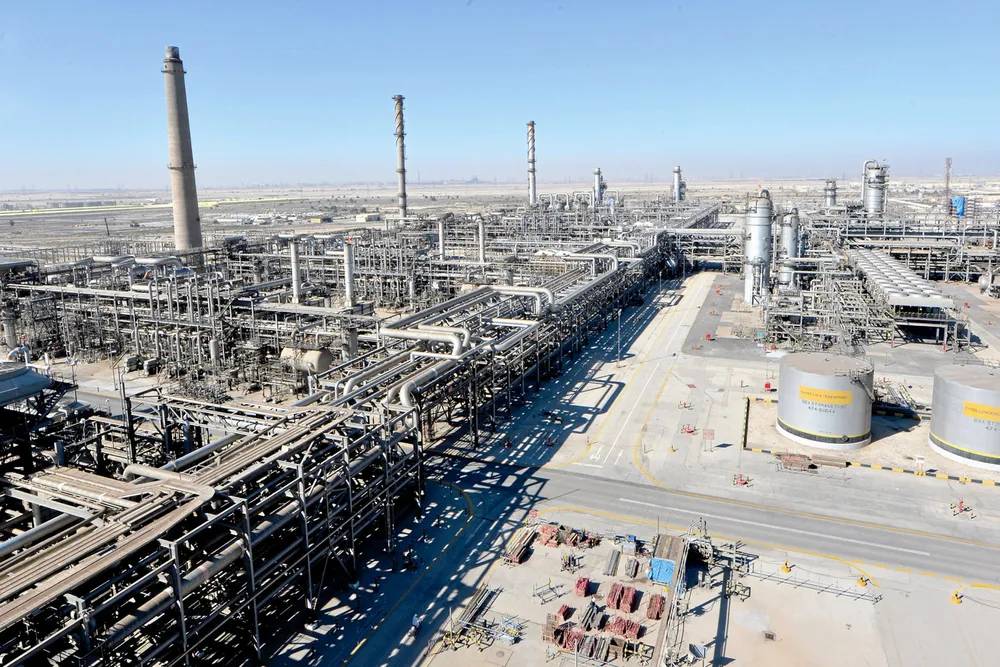Saudi Aramco poised to tender huge carbon capture project targeting multiple gas plants
First phase of the accelerated carbon, capture and storage scheme envisages capturing up to 9 million tonnes per annum of CO2

First phase of the accelerated carbon, capture and storage scheme envisages capturing up to 9 million tonnes per annum of CO2
